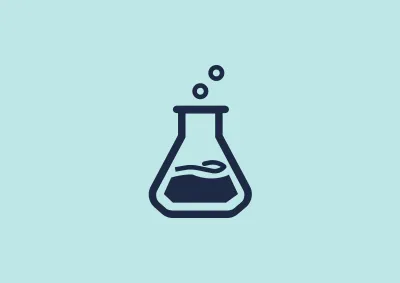Chemical processes
Chemical processes contribute to a resilient and functioning Reef ecosystem. Components of chemical processes include ocean pH, ocean salinity, and nutrient cycling.
Chemical processes contribute to a resilient and functioning Reef ecosystem. Components of chemical processes include ocean pH, ocean salinity, and nutrient cycling. Fluctuations in chemical processes can lead to disruptions or imbalances with impacts on the health of the Reef.
Ocean pH is influenced by the amount of carbon dioxide absorbed by the ocean. As absorption increases, ocean acidification occurs and impacts the ability for corals and other organisms to grow. Ocean salinity refers to the dissolved salts in sea water, with average ocean salinity at 35 parts per thousand (35 grams of salt per litre of sea water). It varies due to rainfall, freshwater inflows and evaporation and can affect marine species survival. The major nutrient cycles in marine ecosystems are carbon, nitrogen and phosphorous. Nutrients are a vital component of ecosystem function as they transfer from the physical environment to organisms through food chains and back to the environment via decay or death.
Chemical processes are tightly coupled with physical processes such as sea temperatures and currents which play a role in distributing nutrients. This highlights the connectivity of the Reef ecosystem and the importance of many factors contributing to a resilient and functioning Reef.
Relevant resources

Future Reef 2.0

CSIRO Aqua Watch Australia




